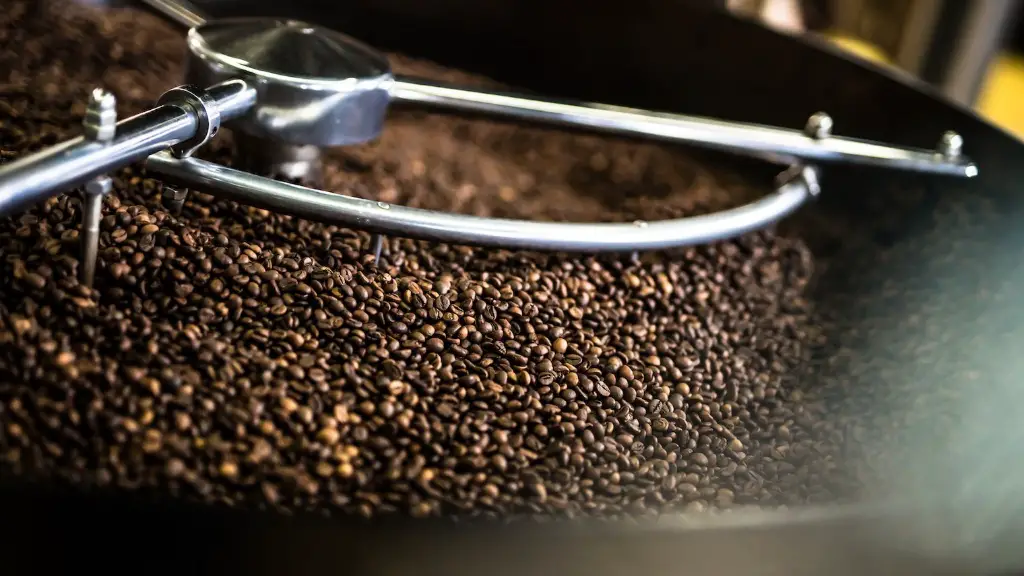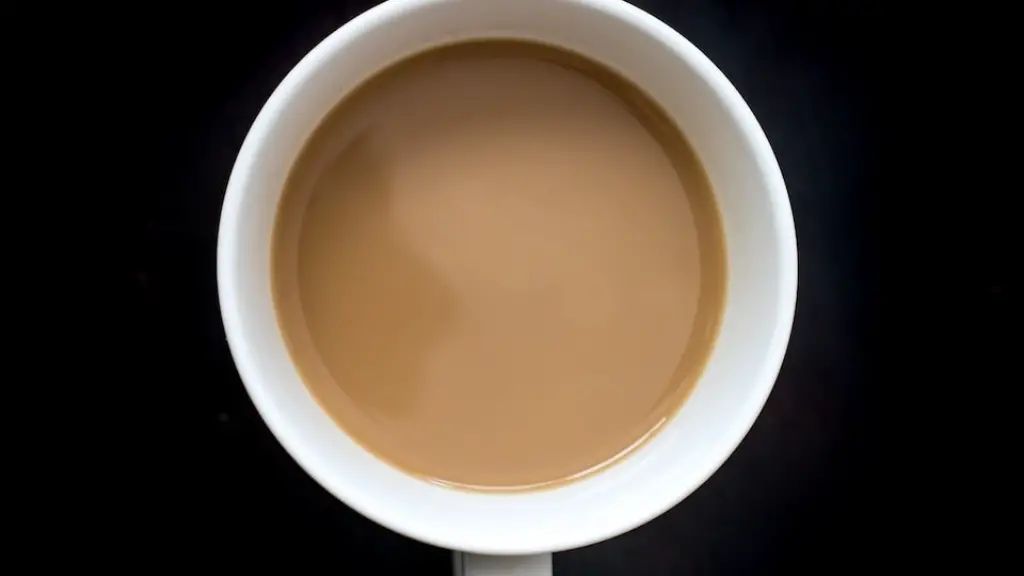Health Benefits of Intermittent Fasting with Coffee
Intermittent fasting is a practice that has been gaining in popularity in recent years. There are many health benefits associated with intermittent fasting and some people have even taken it to the extreme, engaging in very long and intense fasts. But what about coffee during intermittent fasting? Is it recommended?
The answer is yes, but with certain restrictions. Coffee may be consumed during intermittent fasting, but the type of coffee and the amount consumed should be considered carefully. Coffee can be used to help break a fast, or to provide some energy and mental clarity during a fast. It can also be helpful in suppressing appetite during a fast.
Coffee has some health benefits when consumed during intermittent fasting. The caffeine in coffee stimulates your central nervous system, providing an energy boost. It may also help to suppress your appetite, making it easier to stay in an intermittent fasting schedule. Coffee can also help promote fat burning, as it increases metabolic rate and fat oxidation.
When it comes to consuming coffee during a fast, there are a few important points to consider. Firstly, the type of coffee matters. It should be black, without added sugar or cream. Some add a splash of almond milk or cream, but it should still remain sugar free.
The amount of coffee consumed is also important. Too much caffeine can cause negative side effects such as jitters, anxiety and insomnia. So, if you are going to consume coffee during a fast, limit your intake to one to two cups per day.
Some experts even recommend drinking a low-calorie drink containing caffeine such as black tea or green tea. This can provide some benefits without the calories and sugar found in coffee.
Health Benefits of Coffee
When used in moderation, coffee has many health benefits. Firstly, it contains antioxidants which can help to fight toxins, reduce inflammation and improve heart health. Studies have also shown that coffee can lower the risk of certain types of cancer and type 2 diabetes.
Coffee can also help improve mental performance. The caffeine in coffee can improve concentration and alertness, which can be helpful during extended periods of fasting. Coffee can also help to reduce fatigue and improve overall mental performance.
In addition to these health benefits, coffee can also be a great way to enjoy a delicious beverage. Drinking coffee during fasting can help break the monotony and make fasting a more enjoyable experience.
Drawbacks of Coffee During Fasting
Although there are some benefits to drinking coffee during fasting, there are also a few drawbacks. Coffee can affect blood sugar levels, so it is important to monitor your blood sugar when consuming coffee during fasting. It is also important to be mindful of the caffeine content of coffee and limit intake to minimize negative side effects.
In addition, coffee can cause dehydration. It is important to drink plenty of water during fasting, and coffee should not be used as a substitute for water. Caffeine can also disrupt sleep, so it is recommended to avoid coffee in the evening and at night.
Tips for Drinking Coffee During Intermittent Fasting
If you decide to drink coffee during intermittent fasting, there are a few tips to help make the process easier. Firstly, it is important to monitor your blood sugar levels. If you are fasting for an extended period of time, it is essential to take regular breaks and monitor your blood sugar levels.
It is also important to stay hydrated and to limit your coffee intake. Stick to one or two cups per day, and avoid coffee in the evening and at night. Adding some almond milk or cream can make coffee more enjoyable, but it is important to keep it sugar-free.
Finally, it is important to be aware of how coffee affects you. Some people may be more sensitive to caffeine and this can cause negative side effects. If you experience any side effects, it is recommended to reduce or eliminate coffee during your fast.
Best Practices For Incorporating Coffee Into Intermittent Fasting
Coffee can be used as part of an intermittent fasting program, but there is no one-size-fits-all approach. It is important to understand how coffee affects you and to adjust your coffee intake accordingly.
It is also important to be mindful of the type and amount of coffee you are drinking. Coffee should be black and without added sugar or cream. Stick to one or two cups per day, and avoid coffee in the evening and at night.
In addition, it is important to monitor your blood sugar levels and to stay hydrated during fasting. If you experience any negative side effects, it is recommended to reduce or eliminate coffee during your fast.
Intermittent Fasting and Coffee: The Final Word
Intermittent fasting can be a great way to achieve many health benefits, but it should not be done at the expense of your health. Coffee can be part of an intermittent fasting program, but it is important to be mindful of its effects.
The type and amount of coffee consumed are important. Stick to one or two cups per day, and avoid coffee in the evening and at night. Monitor your blood sugar levels and stay hydrated. If you experience any negative side effects, it is recommended to reduce or eliminate coffee during your fast.
Intermittent Fasting and Appetite Suppression
Intermittent fasting can be helpful in suppressing appetite and aiding in weight loss. Although there is not a lot of scientific research to support this, anecdotal evidence suggests that it can be helpful in controlling cravings and reducing overall caloric intake.
Coffee can also be helpful in suppressing appetite. Caffeine has an appetite-suppressant effect, and it may be helpful in reducing cravings and controlling overall caloric intake during intermittent fasting.
However, it is important to remember that caffeine can cause jitters and other negative side effects when consumed in excess. When consumed during intermittent fasting, limit yourself to one or two cups per day.
Opionions From Dieticians
Dieticians have mixed opinions on the subject of intermittent fasting. Some view it as a healthy and sustainable lifestyle choice, while others consider it to be a potential health risk.
Dieticians generally agree that coffee can be consumed during an intermittent fast, but they recommend limiting consumption to one or two cups per day. They also suggest being mindful of the type of coffee being consumed, and avoiding added sugar or cream.
Furthermore, dieticians suggest monitoring blood sugar levels and remaining hydrated during periods of intermittent fasting. They also advise being aware of how caffeine affects you, and reducing or eliminating coffee consumption if any negative side effects are experienced.
Another Approch: Intermittent Fasting with Intermittent Eating
Intermittent fasting can be combined with intermittent eating for even greater health benefits. Intermittent eating involves consuming meals of lower caloric density on fast days, and this can be helpful in reducing caloric intake.
Coffee can be used to enhance these health benefits. By drinking coffee in between meals, it can help to fill you up and reduce the urge to overeat. Coffee can also help to reduce cravings, making it easier to stick to your intermittent fasting schedule.
However, it is important to remember that coffee has its limits. Avoid drinking coffee during the night and in the evening, as this can disrupt sleep and cause other negative side effects. Be mindful of the type and amount of coffee consumed, and reduce or eliminate coffee if any negative side effects are experienced.
Intermittent Fasting with Calorie Cycling
Intermittent fasting can be combined with calorie cycling for a more moderate approach to dieting. Calorie cycling involves alternating between periods of high and low-calorie days, providing your body with the energy it needs to function without kick-starting a large energy deficit.
Coffee can be used to aid calorie cycling. The caffeine in coffee can help to provide energy and mental clarity during low-calorie days, without causing a large energy deficit. However, it is important to remember to limit coffee consumption to one or two cups per day.
In addition, be mindful of the type of coffee being consumed. Stick to black coffee without added sugar or cream. Limit your intake of coffee in the evening and at night, and reduce or eliminate coffee if any negative side effects are experienced.
Overall Guidelines For Using Coffee During Intermittent Fasting
Coffee can be a great way to enjoy a delicious beverage during intermittent fasting. However, it is important to be mindful of the type and amount of coffee being consumed. Stick to one or two cups per day, and avoid coffee in the evening and at night.
It is also important to monitor your blood sugar levels and to stay hydrated. If you experience any negative side effects, it is recommended to reduce or eliminate coffee during your fast.


